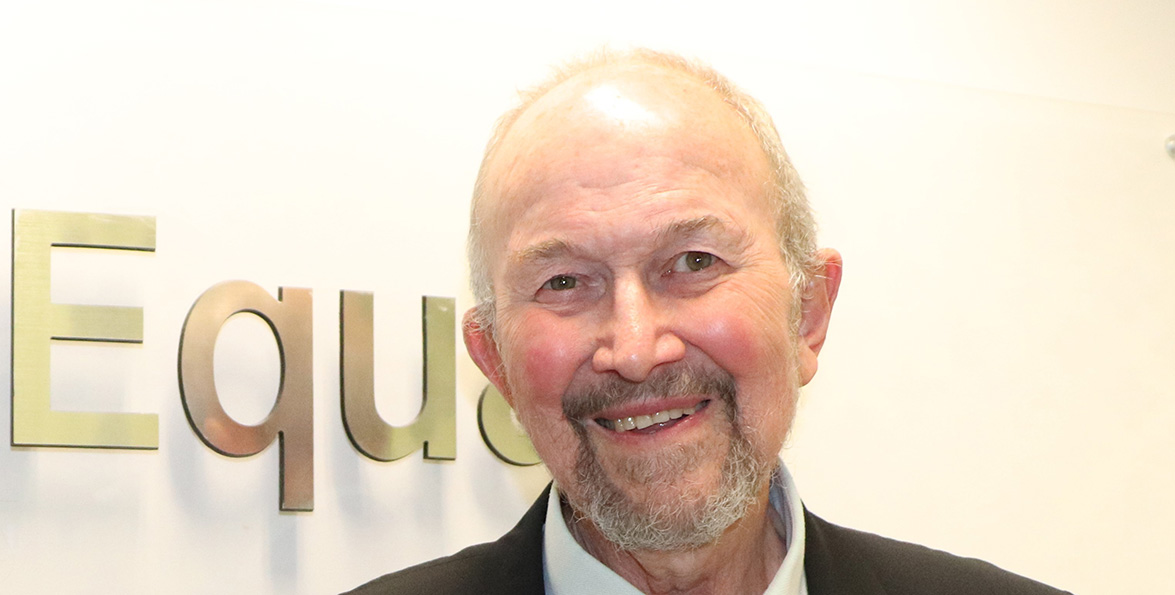
My foreword to the report begins with the observation that discrimination, harassment, and victimisation continue to limit the lives of many people, not only in Western Australia but across the world. As a result, the Equal Opportunity Act 1984 and the work of the Commission remain fundamental in eliminating unlawful discrimination, harassment and victimisation in our community.
In my role as the Commissioner for Equal Opportunity, I am a member of the Australian Council of Human Rights Authorities (ACHRA), which comprises the state, territory and federal human rights, equal opportunity and anti-discrimination authorities. I value the insights gained from ACHRA membership, including through attending ACHRA’s most recent meeting in October 2024 in Canberra.
During this meeting, ACHRA welcomed a presentation from the Australian Human Rights Commission (AHRC) Race Discrimination Commissioner Giridharan Sivaraman on the National Anti-Racism Framework. The headline of the AHRC’s announcement of the report An Anti-Racism Framework: Experiences and perspectives of multicultural Australia delivers a stark warning: "National consultations show widespread, systemic racism damaging lives."
Taken together, the AHRC’s announcement and my foreword to the Equal Opportunity Commission’s 2023-24 Annual Report evidence a shared concern that within Australia discrimination continues to harm at an individual, community and national level.
I follow expression of this concern in our Annual Report’s foreword with sincere thanks to complainants and respondents who engage positively to resolve their matters in good faith. This appreciation is motivated by the fact that, in addition to helping achieve satisfactory outcomes for the parties involved, such engagement makes a vital contribution to advancing the elimination of discrimination. In a similar vein, Commissioner Sivaraman’s conveys the power of speaking up as a catalyst for change when he states in the AHRC’s announcement: “The first step to systemic change is to break the silence around racism.”
Effective equal opportunity legislation, which is the foundation to eliminating discrimination, recognises there will be breaches and provides processes to address these breaches. The responsibility for effecting systemic change does not rest with those who seek redress through processes available in the relevant legislation. Nevertheless, their engagement is valuable as it provides scenarios that illustrate what is unacceptable, acts as an incentive to comply with legislation, and helps foster understanding and respect.


